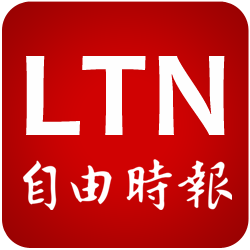[Central News Agency] The results of the first round of the Czech presidential election were announced. Former NATO general Pavel and former Prime Minister Babis won. The two will have a showdown in the run-off half a month later. It is generally expected that Pavel has a better chance of winning.
The Czech Republic held the first round of voting for the presidential election on the 13th and 14th. According to the final counting results announced today, former general Petr Pavel topped the list with 35.4% of the votes, slightly ahead of former Prime Minister Andrej Babi? 35%, far ahead of other candidates.
Please read on...
Since there is no majority, the two candidates will face off in the second round of voting on the 27th and 28th to compete for the presidency and replace Milo Zeman, who has been president for 10 years.
The 61-year-old Pavel, a former chief of staff and chairman of NATO's military council, has called himself a "general" in the shadow of Russia's invasion of Ukraine, stressing that his experience leading NATO could bring "a general" to the Czech Republic. order and calm".
Babis, 68, the leader of the main opposition Action for Disaffected Citizens (ANO) and former prime minister from 2017 to 2021, sees himself as a voice for people suffering from soaring prices.
Diplomatically, both Pavel and Babis are more pro-Western than the current President Ziman. The former especially advocates being tough on Russia and China, supports continued military aid to Ukraine, and has a position similar to that of the government led by Prime Minister Petr Fiala.
The second round of voting in the Czech presidential election will be held in half a month; according to opinion polls, the majority of voters who voted for other candidates in the first round will vote for Pavel in the second round. , it is generally expected that Pavel has a better chance of winning.
In the Czech Republic, the president directly elected by the people is mainly a symbolic head of state. He can appoint the prime minister, judges and the governor of the central bank. He also has a say in diplomacy, but the real power is held by the prime minister.
(Editor: Lin Zhiping) 1120115
